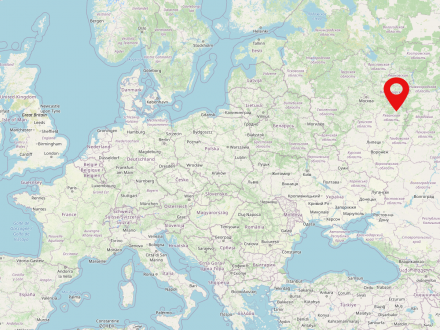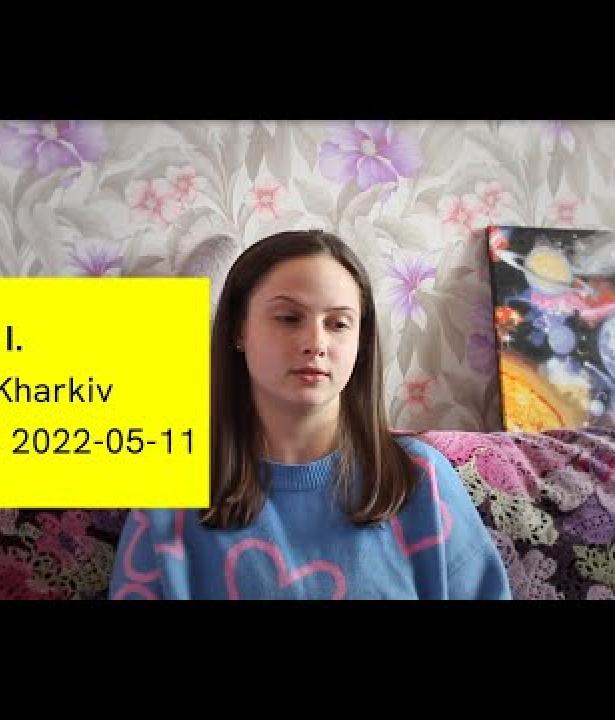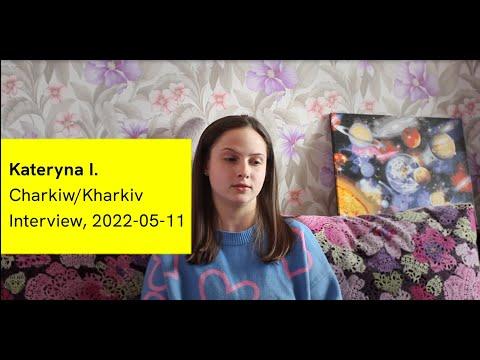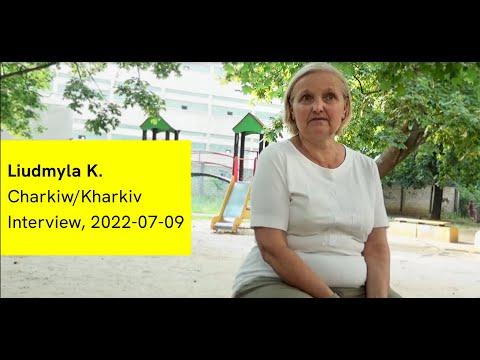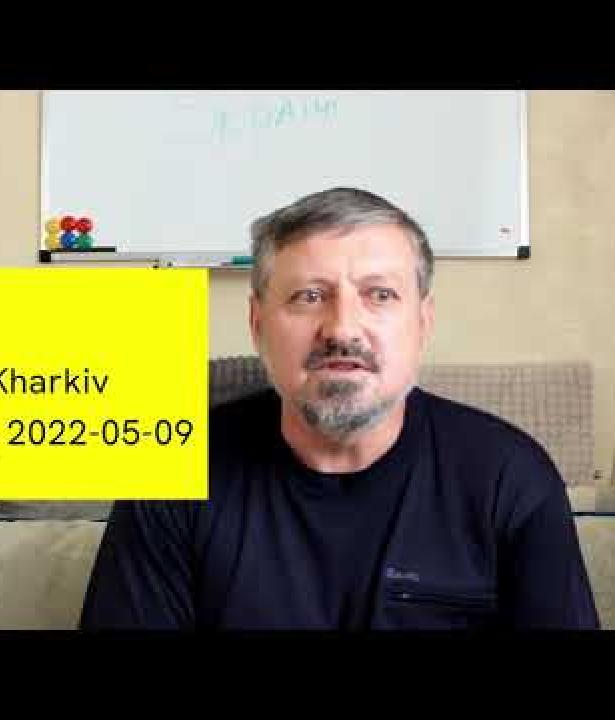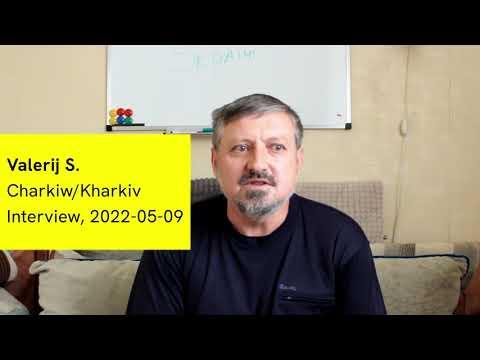
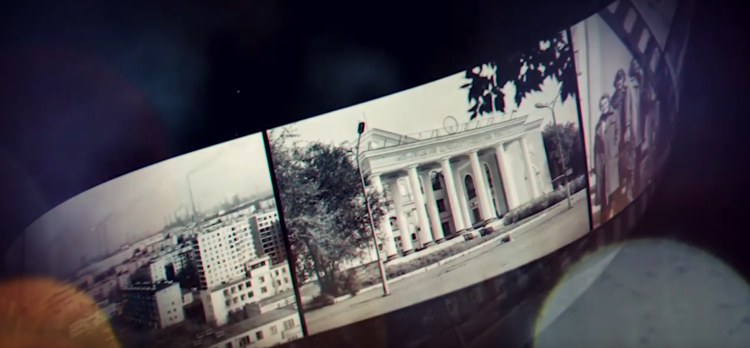
The Soviet Union (SU or USSR, Russian: Союз Советских Социалистических Республик, СССР) was a state in Eastern Europe, Central and Northern Asia existing from 1922 to 1991. The USSR was inhabited by about 290 million people and formed the largest territorial state in the world, with about 22.5 million square km. The Soviet Union was a socialist soviet republic with a one-party system.



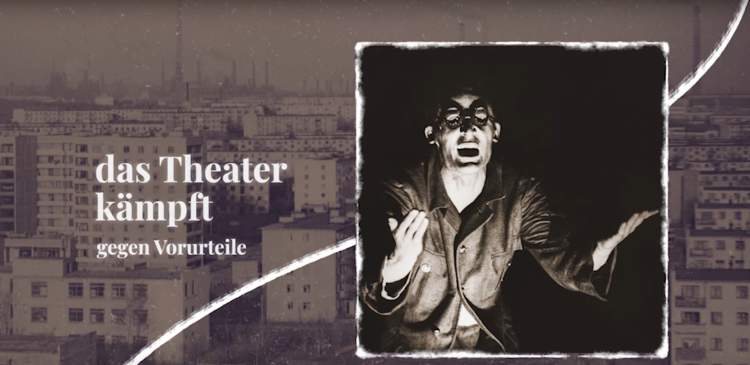
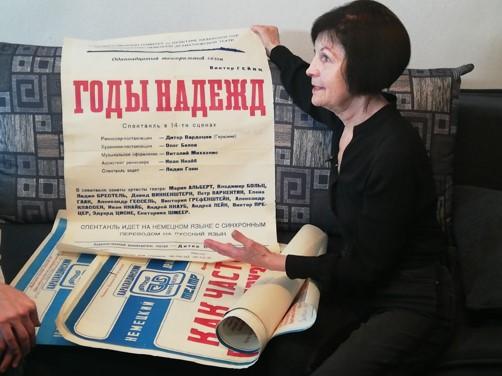


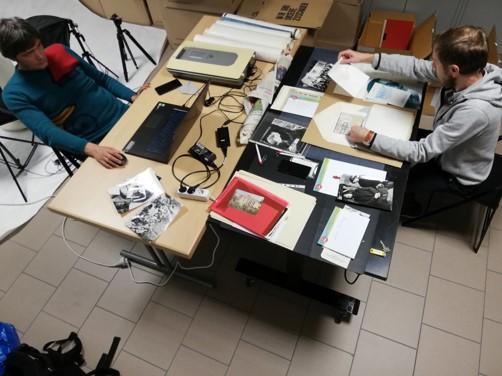



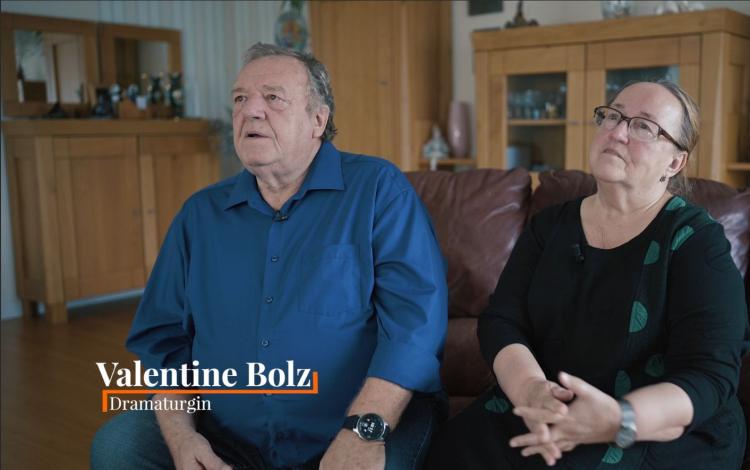








Supported by the Federal Government Commissioner for Culture and the Media


